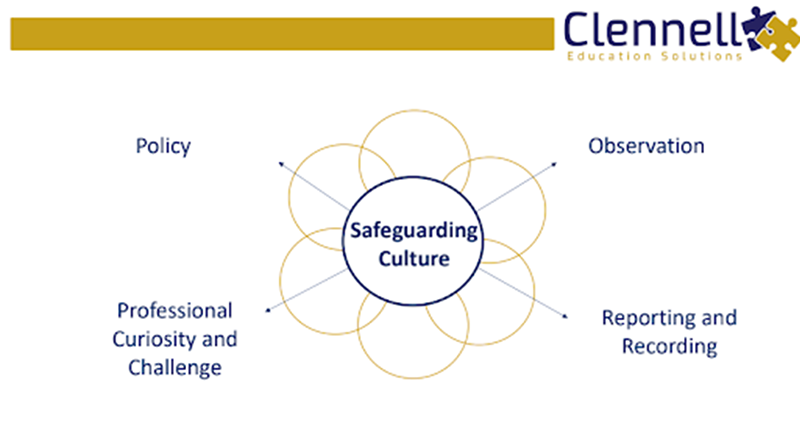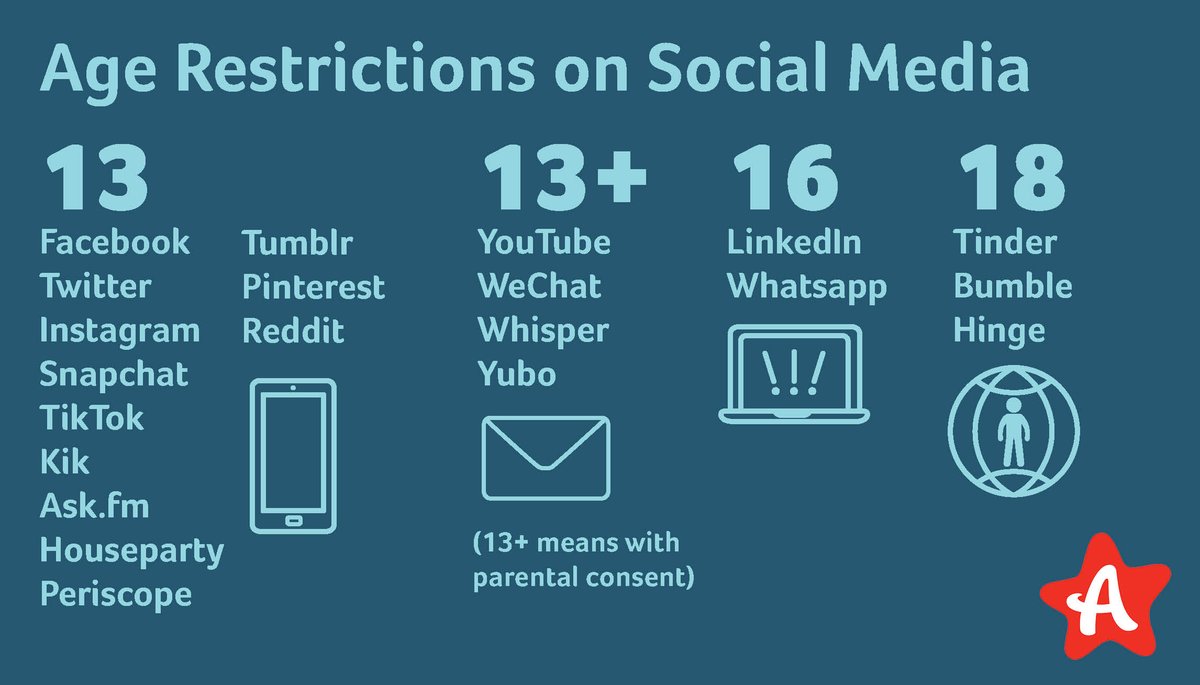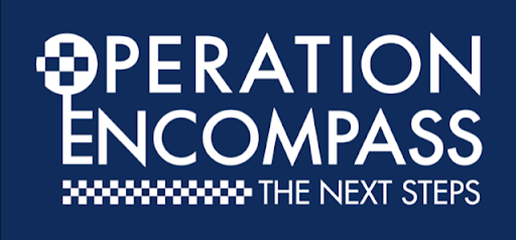Safeguarding at MBMS
Providing safe and effective learning
The Safeguarding Team

Jonny Instone
Deputy Headteacher,
Designated Safeguarding Lead

Sarah Richardson
SENDCo,
Deputy Designated
Safeguarding Lead

Kerry Fairman
Assistant Headteacher,
Deputy Designated
Safeguarding Lead

Talya Walker
Attendance officer/
Learning Mentor,
Deputy Designated
Safeguarding Lead
What is Safeguarding?
Safeguarding refers to the process of protecting children (and adults) in order to provide safe and effective care. This includes all procedures designed to prevent harm to a child.
Staff at Marden Bridge are proactive at protecting all young people. We ensure our premises are secure, safe and suitable for our pupils at all times. We put safeguarding at the heart of what we do - we train staff at our school to look out for any possible signs of abuse and to be actively aware of any issues that might be affecting our young people. Any incidents of bullying, prejudice and peer-on-peer abuse are reported fully, and effectively challenged by our PSHE program which makes sure that all staff and pupils are aware of the standards and values we encourage.
Our SEMH pathway is embedded in our reporting structures, ensuring that all pupils affected by adverse childhood experiences, or near misses, are supported appropriately.
Our Governing Body also play a role in ensuring the school maintains the highest standards of safeguarding. Policies are regularly updated and there is a designated Safeguarding Governor who plays a key role in ensuring the school meets all of its legal requirements.
Our partners at Clennell Education Solutions provide us with support and challenge relating to our safeguarding policies and procedures. Our named consultant meets with our Designated Safeguarding Lead termly to review our existing practices.
You can find a copy of our Safeguarding and Child Protection policy here

What to do if you have a concern.
Please report any concerns you have to the named individuals above. Alternatively you can contact the North Tyneside MASH (Multi Agency Support Hub) via Front door. Front door is the portal to all North Tyneside Children’s services and an operator will talk you through your concern and ensure that the correct procedures are followed.
Front Door: 0345 2000 109
Out of Hours: 0330 333 7475 (evenings and weekends)
If you have any concerns about a member of staff at the school, you can contact either the Designated Safeguarding Lead, the Headteacher or the Chair of Governors. Alternatively, using Front Door you can contact the LADO (Local Area Designated Officer) who will look into your concern and put immediate action into place.
If you believe a child is at risk of immediate harm or abuse, you should contact 999 emergency services and report your concern to the police.

Online Safety
Schools have a dual responsibility when it comes to online safety: to ensure the school's online procedures keep children and young people safe, and to teach them about online safety, in and outside of school.
Marden Bridge seeks to foster an open environment in which children and young people are encouraged to ask any questions and participate in an ongoing conversation about the benefits and risks of the online world.
Our online safety policy has been developed with pupils in school and consulted by parents, seeking to find the balance between the substantial benefits that the internet can bring to education alongside striving to keep pupils safe from cyberbullying
More information is available on our E-safey Guide
You can find a copy of our online safety policy here
Social Media

Social media has many positives such as sharing information and widening knowledge of the user. However, all too often social media platforms can be misused by some, this can bring misery to others.
When we unpick situations at school where pupils have fallen out, or even worse, been specifically targeted for abuse, there is a nearly constant thread that social media has played a part to some degree.
This illustration shows age restrictions on social media platforms. These age recommendations are there for a very important reason. One of the reasons is that social media interaction can make children vulnerable, if a disagreement has occurred at school/home it leaves no time for cooling off and reflection, instead, issues continue to play out and can become more emotionally distressing.
Even if you have every confidence that your child will not behave in this manner you cannot guarantee the ways in which others will behave in the same way. Therefore the age guidelines should be adhered to, to allow children's self-confidence and resilience to grow until they are able to better deal with these situations should they arise.
We encourage you to set up regular, periodic checking of your child’s phone to ensure that their behaviour online is appropriate. We are always willing to help families where issues arise outside of school.

Please follow this link to find out more about why Operation Encompass was created. More
Operation Encompass
Operation Encompass is a partnership between police and schools.
One of the principles of Operation Encompass is that all incidents of domestic abuse are shared with schools, not just those where an offence can be identified.
Mr Instone is trained as a “Key Adult” – the person who receives information about police-attended domestic abuse incidents. The Key Adult will be notified prior to the start of the next school day that the police have attended an incident of domestic abuse. This timely information sharing enables appropriate support to be provided for that child so that all interactions, from when the child first arrives at the school gates, are of a positive nature.
Operation Encompass is an integral component in child safeguarding and protection policies. Participation in Operation Encompass mandates a secure record-keeping trail, which may be electronic or paper based.
Within Operation Encompass all records are managed at Child Protection level with the highest level of security and confidentiality and in full accordance with GDPR. These records are held by police and schools only.
Operation Encompass does not hold the records and never has access to these records.
Prevent Agenda

Prevent Agenda
The overall aim of the government’s counter-terrorism strategy, CONTEST, is to reduce the risk from terrorism to the UK, its citizens and interests overseas, so that people can go about their lives freely and with confidence.
Prevent remains one of the key pillars of CONTEST, alongside the other three ‘P’ work strands:
- Prevent: to stop people becoming terrorists or supporting terrorism
- Pursue: to stop terrorist attacks
- Protect: to strengthen our protection against a terrorist attack
- Prepare: to mitigate the impact of a terrorist attack
The objectives of Prevent are to:
- tackle the ideological causes of terrorism
- intervene early to support people susceptible to radicalisation
- enable people who have already engaged in terrorism to disengage and rehabilitate
At Marden Bridge, we tackle the ideological causes of terrorism through an effective PSHE curriculum, careful monitoring of pupil interactions and early contact with parents where we have concerns.




